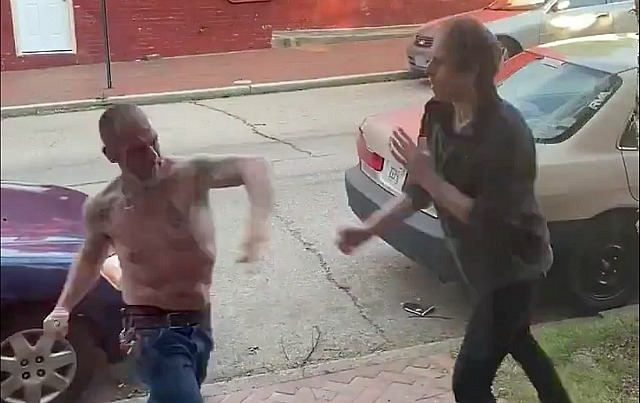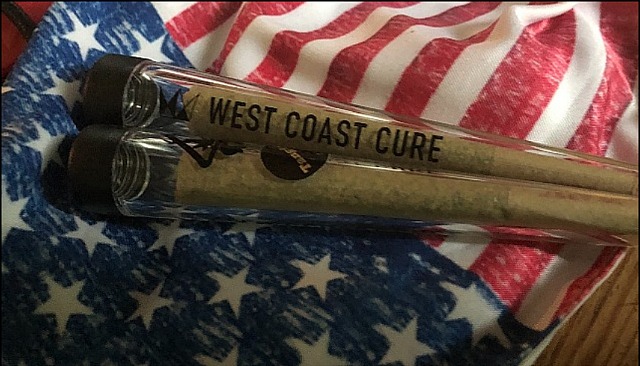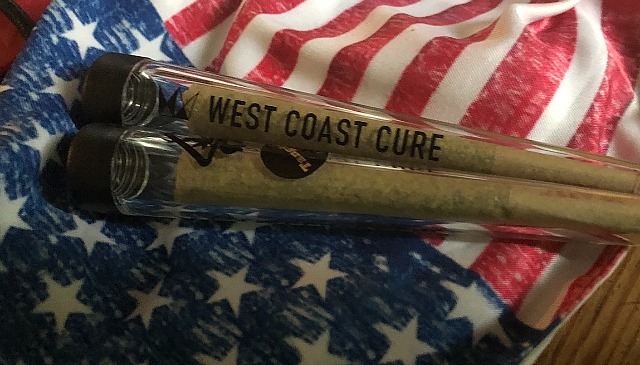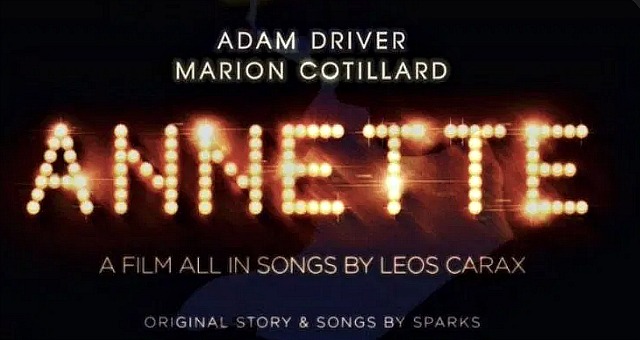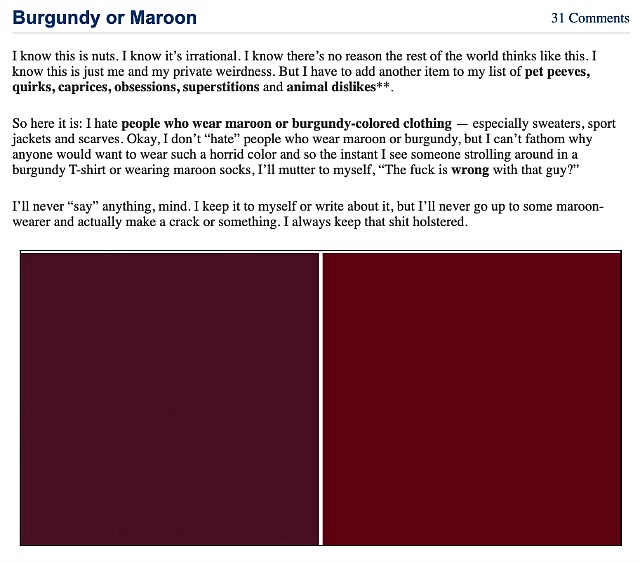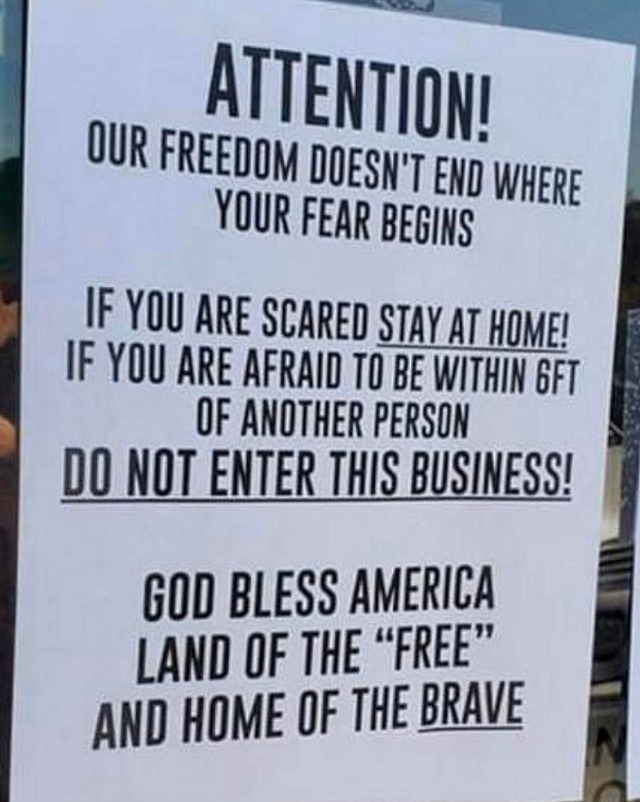James Gray‘s next film will be some kind of autobiographical drama called Armageddon Time, about Gray coming of age in Queens in the mid ’80s, and with two of the characters being 30something Donald Trump as well as his dad, the Queens real estate tycoon Fred Trump.
Cate Blanchett will play a significant role in Armageddon Times, which will be produced by RT Features.
Born to Ukrainian-Jewish parents and raised in Flushing, Gray was in his early to late teens in the ’80s. Pic relates Gray’s history at Kew-Forest School, where Fred Trump served on the board and where young incorrigible Donald was a student in the ’60s. Collider’s Jeff Sneider reports that “the school’s principal will be a central character, though it’s unclear if Blanchett will tackle that role or a different one entirely, such as the young protagonist’s mother.”
Do I want to see a film that even peripherally observes the ne’er-do-well activities of Fred and Donald? What is there left to say about those assholes?


